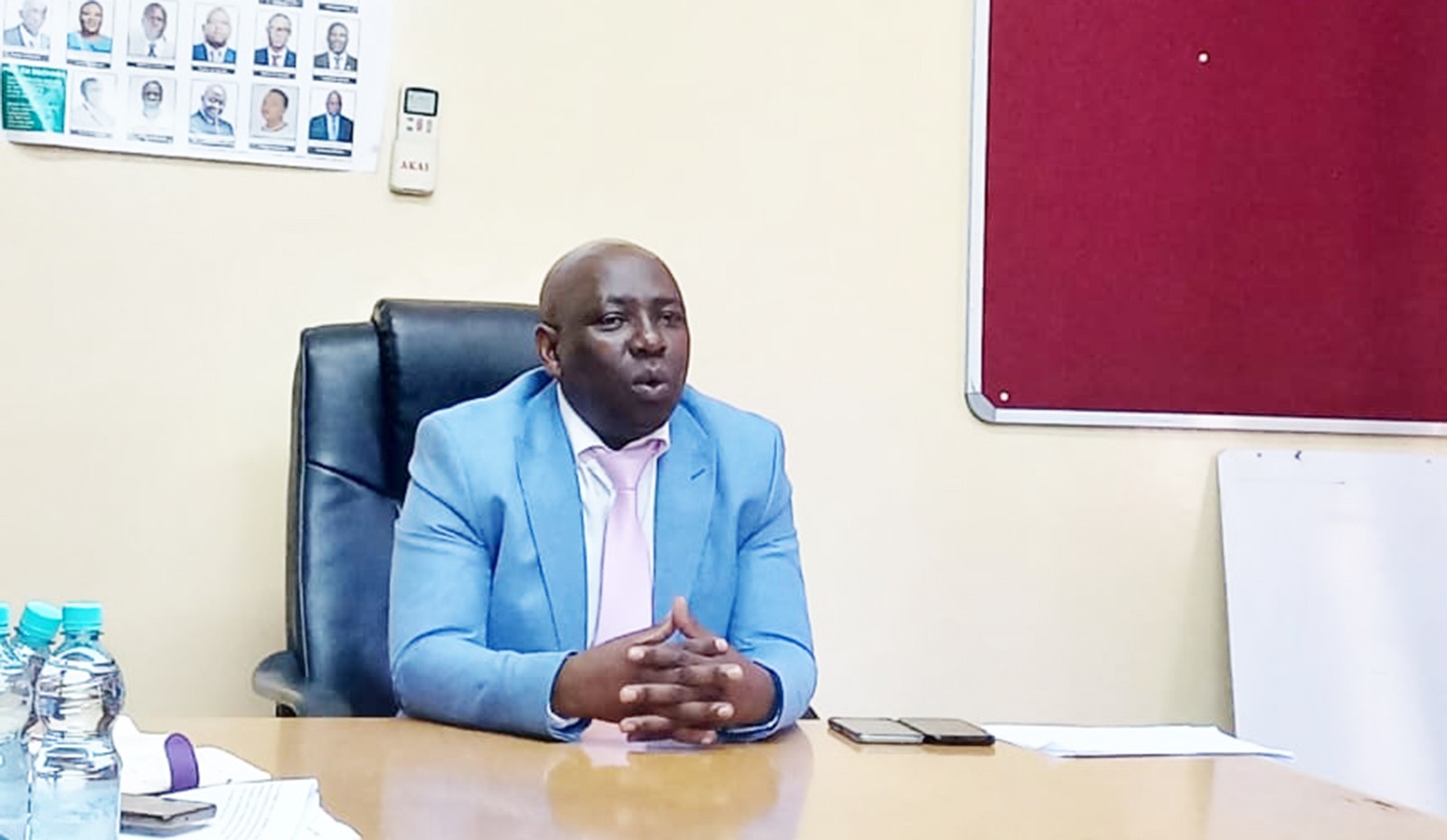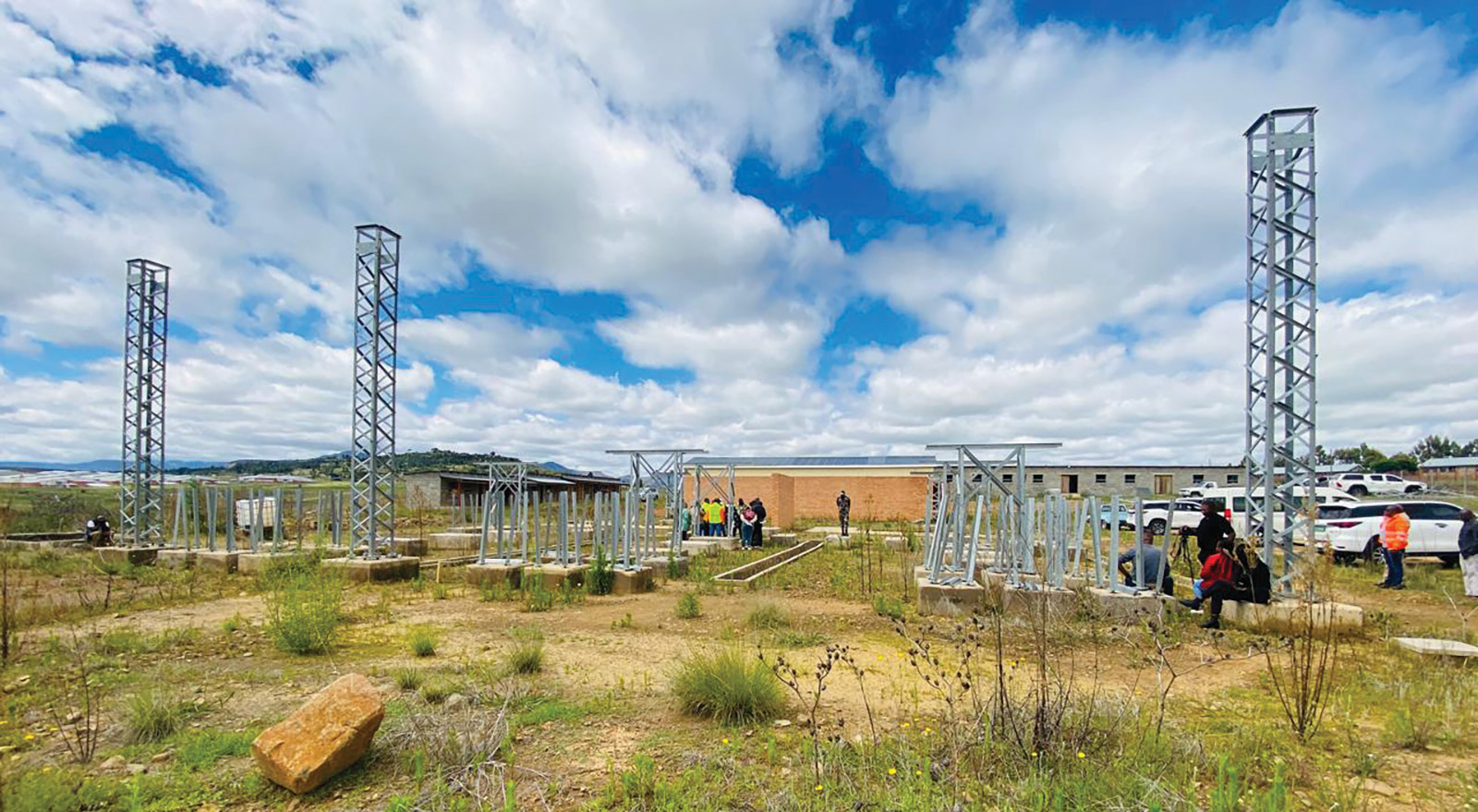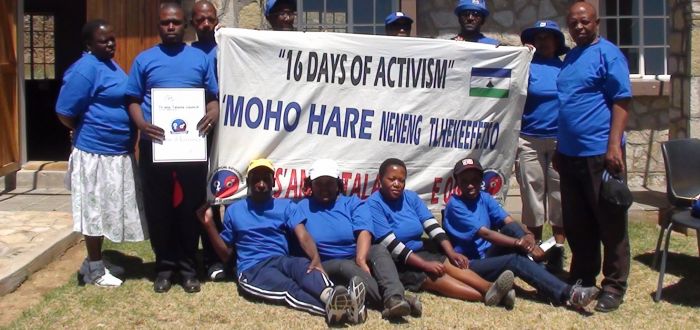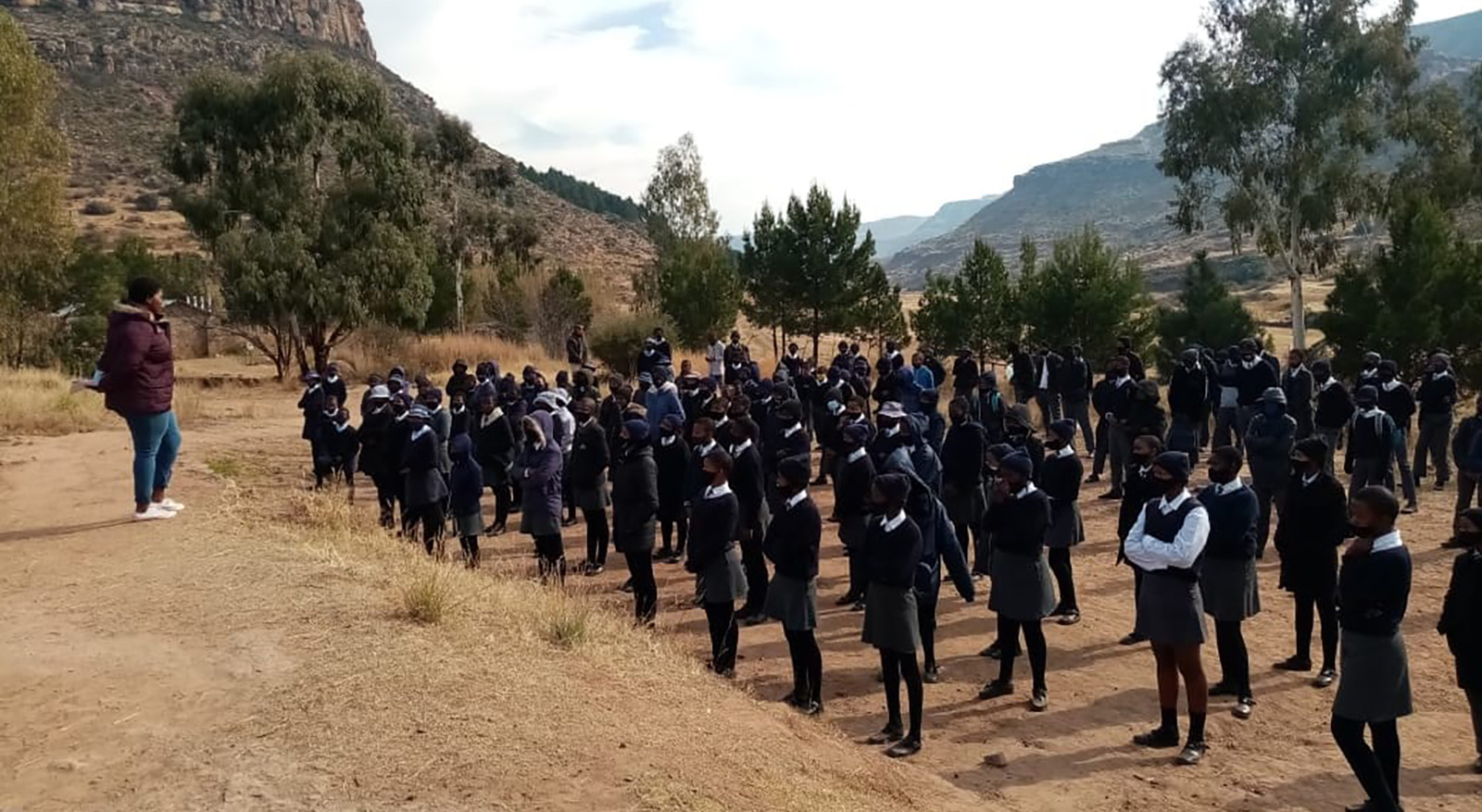New study reveals gaps in child rights protection

SHARE THIS PAGE!
The Institute for Human Rights and Development in Africa (IHRDA) has launched a new study assessing how children’s rights are integrated into national action plans (NAPs) on Business and Human Rights (BHRs) across the African continent.
The report, launched yesterday, reveals that only Kenya, Uganda, Nigeria, Liberia, and Ghana have developed NAPs on BHRs, each with minimal provisions on child protection. It identifies best practices and major gaps and offers actionable recommendations for governments and businesses to strengthen child rights protections in line with the African Union’s Agenda 2063, the continent’s development blueprint.
Across Africa, the intersection between business and children’s welfare has emerged as one of the most pressing human rights issues of our time, says IHRDA.
The executive director of IHRDA, Musa Kika, noted that the continent has immense potential to advance children’s well-being through decent work for caregivers, child-sensitive products and services, regulation of child labour, prevention of child exploitation, environmentally sensitive practices, and responsible community investments.
The report also reveals that while African States have made commendable commitments under key international instruments — including the African Charter on the Rights and Welfare of the Child, the UN Convention on the Rights of the Child, and the UN Guiding Principles on Business and Human Rights — implementation remains uneven.



Govt injects M900m to boost agriculture
6 days ago
The Ha Belo conundrum
6 days ago

Govt committed to inclusive entrepreneurship
9 days ago

TVET institutions play crucial role: Mokotjo
10 days ago
NECDOL urges action against child abuse
10 days ago
Nedbank injects M1m into race
12 days ago